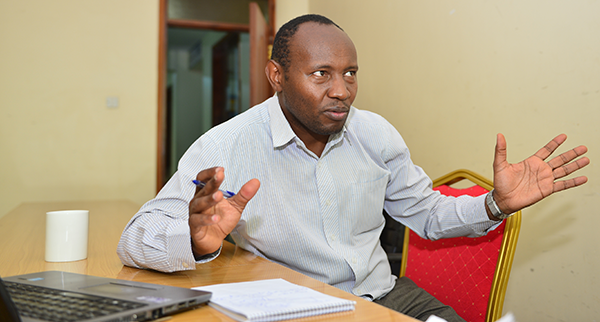Mount Kenya University (MKU) is involved in a project to tame malaria in the country, jointly with Japan’s Osaka University. Mid this year, the Japan International Cooperation Agency (JICA) awarded the two universities a joint grant of Sh450 million to conduct malaria research in Homa Bay County and also undertake training of the necessary human resource.
MKU’s Dr Jesse Gitaka, the project’s principal investigator, says Covid-19 delayed the implementation of the project because some activities stalled, but some ground work has already been done.
“Ground preparations in Homa Bay County have started,” says Dr Gitaka, adding that designs of the laboratories to be established as part of the project have been completed, Kenyan PhD students who will participate in the project have been identified and all the paper work done.
MKU will use part of the grant to establish a Centre for Malaria Elimination, including a state-of-the-art research laboratory to support cutting-edge research in malaria. The centre will be housed at the university’s main campus in Thika.
The grant was provided through Science and Technology Research Partnership for Sustainable Development (SATREPS). This is a Japanese government programme that promotes and funds joint research, mostly in developing countries.
Dr Gitaka says the initiative complements the government’s effort to eliminate malaria, a leading cause of death in Kenya. Homa Bay County, he observes, has a high rate of asymptomatic malaria. Infected people who do not show malaria symptoms serve as reservoirs of the infective agent in the community.
Dr. Gitaka said their research will focus on developing integrated strategies to eliminate malaria in Homa Bay County. The research findings will thereafter bereplicated in other counties.

